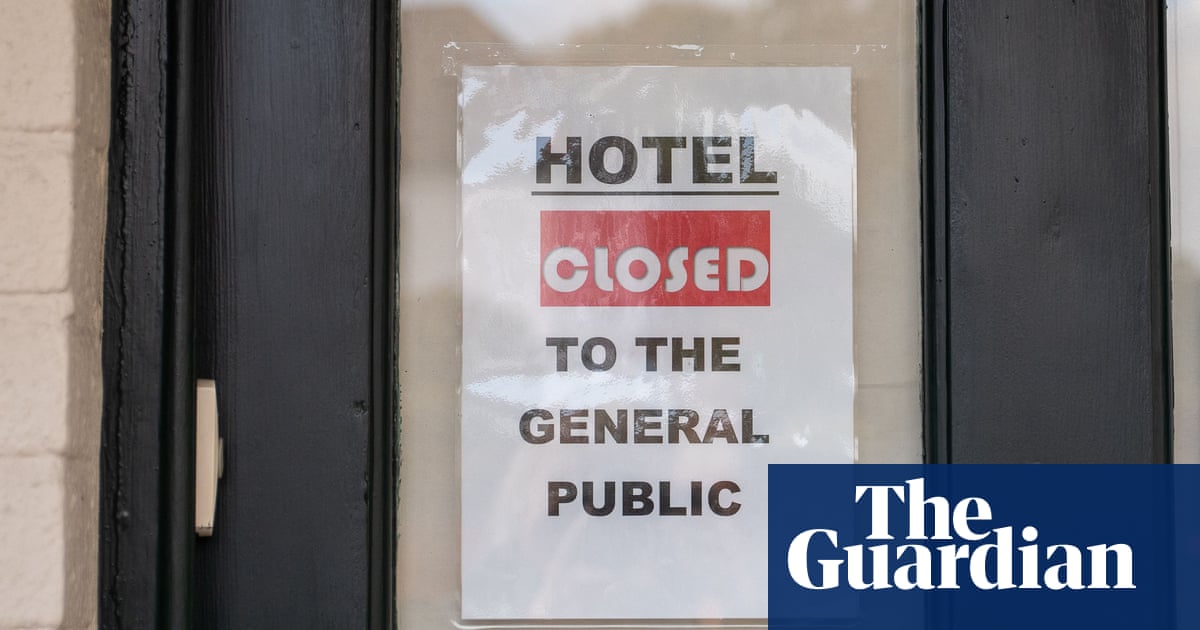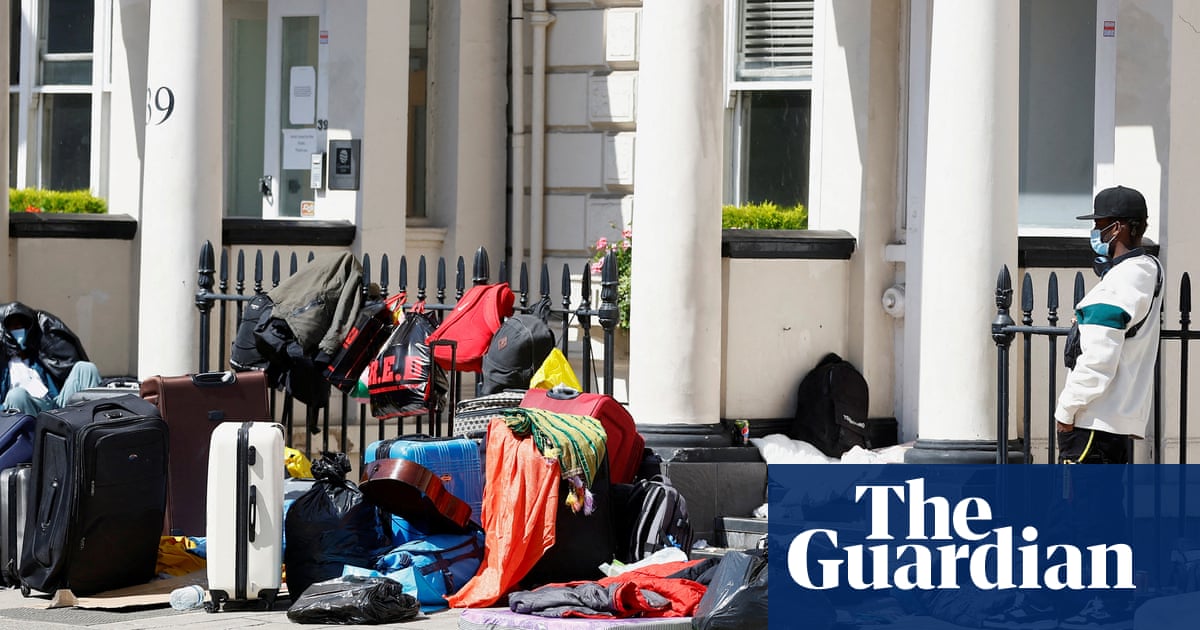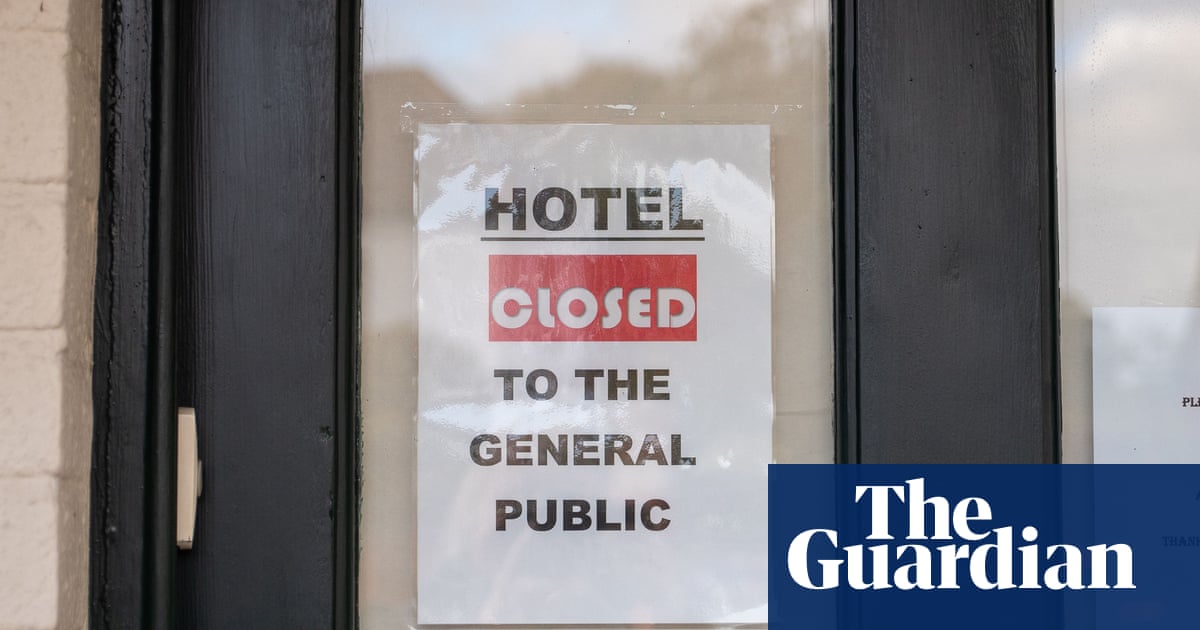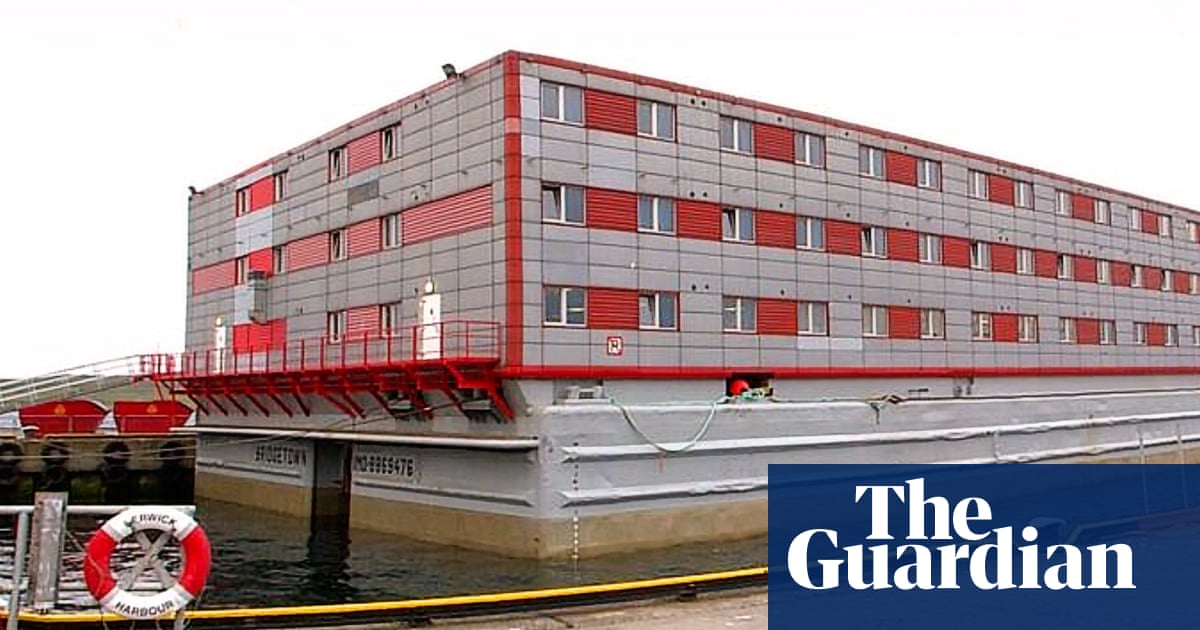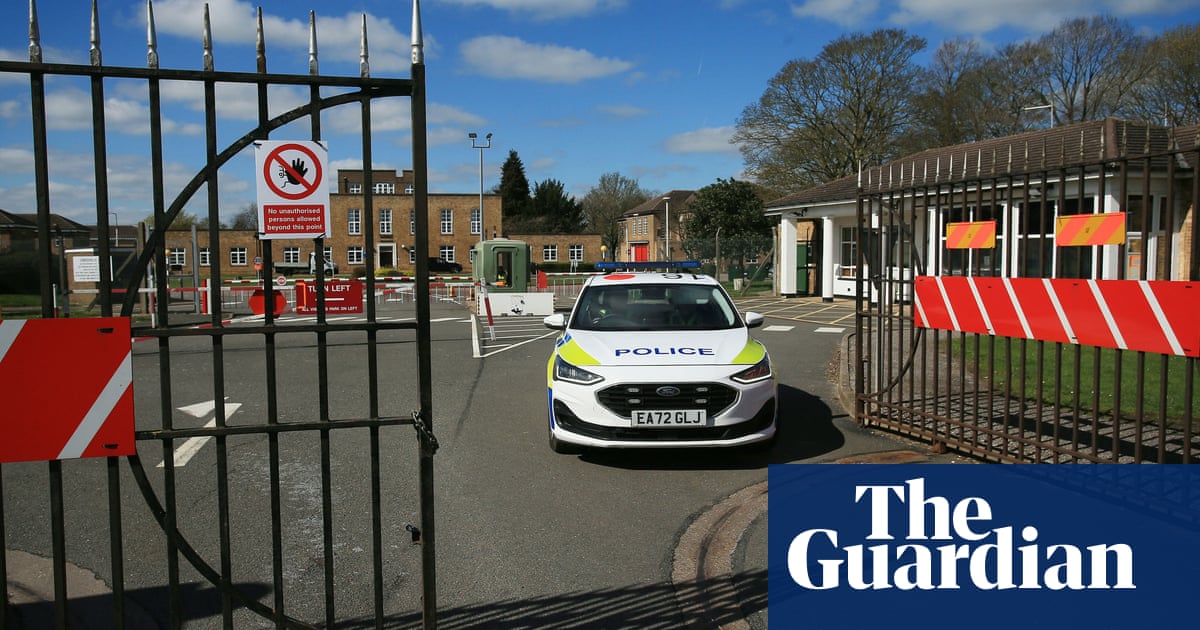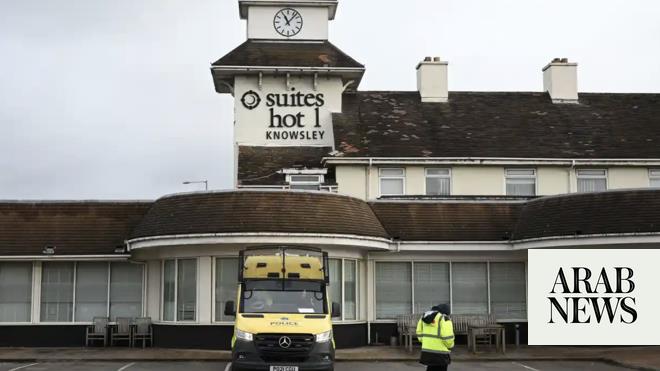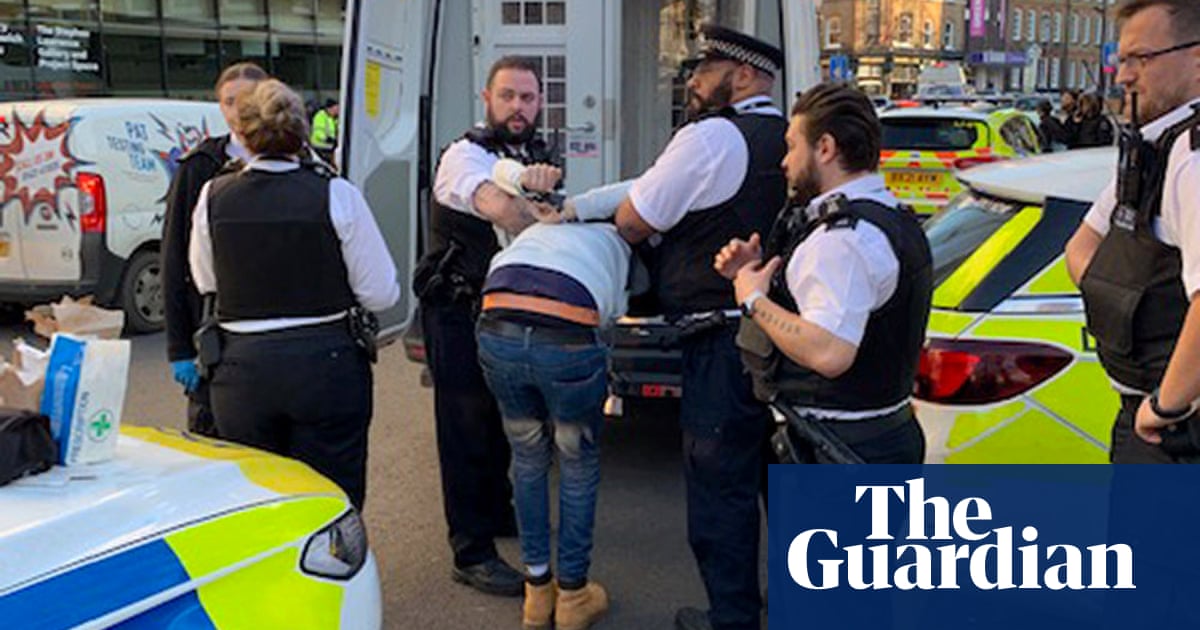
Two-thirds of London’s councils have signed a letter to the home secretary calling for a major shake-up of the government’s hotels policy for asylum seekers.
The unprecedented joint action follows the removal of 100 asylum seekers from a hotel in Greenwich against their will last month, a move that has generated concern across the capital’s councils. About 40 asylum seekers refused to move from the Greenwich hotel to one in Dunstable in Bedfordshire and are still there. Both hotels have been targeted by far-right protests.
The letter, led by the Royal Borough of Greenwich, has been co-signed by 21 other London borough councils including Barnet, Lambeth and Westminster.
It calls on the Home Office to treat asylum seekers with care and compassion and not to uproot them at short notice from communities where they are settled, have established support networks and may be studying or volunteering. It urges the government to improve communication with councils, ensure asylum seekers’ basic needs are met, and find longer-term housing solutions for asylum seekers rather than using hotels.
Anthony Okereke, the leader of Greenwich council, said: “It is appalling that people who have spent months and sometimes years rebuilding their lives, studying, volunteering and establishing community links, are now being removed and placed miles away from their new homes against their wishes.”
Along with concerns raised in the letter about the Home Office’s hotels policy, human rights campaigners have expressed fears about the risk of trafficking from hotels of both child and adult asylum seekers.
Article 39, a children’s rights charity, has threatened legal action against the Home Office and the Department for Education if they do not stop housing unaccompanied asylum-seeking children in Home Office-run hotels. The charity says children are being kept outside the child welfare system and denied fundamental protections and that there is no independent scrutiny of each child’s welfare and treatment.
The charity has taken what it describes as an “exceptional measure” of commencing wardship applications to the family division of the high court in respect of the 76 children who remain missing from a Home Office-run hotel in Brighton and Hove. If this application succeeds, the court will consider appointing a children’s guardian to each child and supervise action taken by the government and others to protect them.
A separate case, which reached the high court on Friday, highlights that adults are also at risk of kidnapping and being trafficked or retrafficked from Home Office hotels. In this case the home secretary denied support to a Vietnamese victim who was kidnapped from a hotel by traffickers. Under new legislation, which came into force in January, some trafficking victims are no longer entitled to government support.
The victim, who has a conviction for cannabis cultivation while he was under the control of his traffickers, received a letter from the Home Office known as a public order disqualification (POD) informing him he was not entitled to support as a victim of trafficking. His lawyers challenged the POD, and at the start of Friday’s urgent hearing about the case the home secretary withdrew it.
His lawyer, Maria Thomas of Duncan Lewis solicitors, welcomed the decision. She said: “The home secretary’s capitulation shows that once she is forced to consider actual facts and how the policy affects actual people, it is shown to be unlawful, unjust and putting trafficking survivors at an immense risk of retrafficking and further harm.”
A Home Office spokesperson said: “We do not comment on live judicial cases.”
Responding to concerns over its hotel policy, a spokesperson said: “The number of people arriving in the UK who require accommodation has reached record levels and has put our asylum system under incredible strain.
“The use of hotels to house asylum seekers is unacceptable – there are currently more than 45,500 asylum seekers in hotels costing the UK taxpayer £6m a day.
“The use of hotels is a temporary solution, and we are working hard with local authorities to find appropriate accommodation.”




